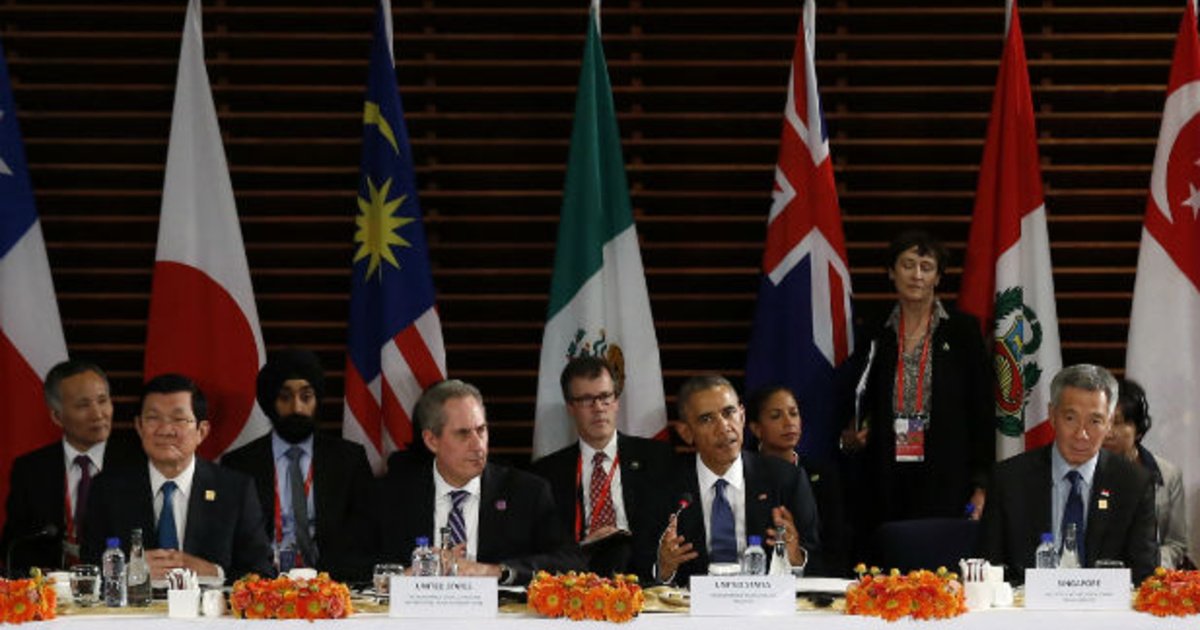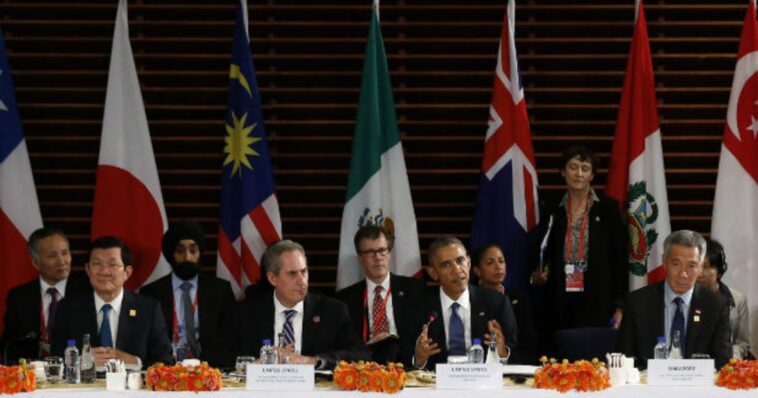
Why Democratic Countries Need to Bolster Their Legal Resilience
Introduction
Recent research suggests that the global geopolitical landscape is changing rapidly. Democratic countries are witnessing a rise in hybrid threats and grey zone warfare, as hostile powers increasingly use tactics such as economic espionage, cyber espionage, disinformation, and fostering financial dependencies to exploit the vulnerabilities of democratic societies. In this context, there is an urgent need for democratic countries to rely on international law and improve their legal resilience to tackle these grave security threats.
Hybrid Threats and Grey Zone Warfare
Hybrid threats and grey zone warfare are two forms of geopolitical competition that fall below the threshold of armed conflict. By operating at the dividing line between war and peace, these tactics seek to exploit legal uncertainty to their own advantage. Furthermore, the ambiguous nature of these activities can put considerable strain on core principles of international law, such as the principle of non-intervention.
The Role of International Law
International law itself has become a tool that strategic rivals use to compete with each other. There are concerns that legal processes are not sufficiently robust to contain geopolitical competition within acceptable boundaries and to mitigate its adverse effects. Many rules and principles of international law were developed in the pre-digital era and there is disagreement about how they apply in novel domains, such as cyberspace. This creates opportunities for hostile actors to take advantage of legal gaps and to promote legal developments that undermine liberal values.
The Challenge to Liberal Democracies
Experts drawn from several disciplines have assessed the legal and ethical challenges that hybrid threats and grey zone conflict pose for liberal democracies in a new book, Hybrid Threats and Grey Zone Conflict: The Challenge to Liberal Democracies. They argue that States need to bolster their legal resilience to prepare their legal systems to cope with these challenges. Democratic nations also need to address basic ethical concerns to ensure that their response to hybrid threats and grey zone conflict does not detract from their own values.
The Need for Legal Resilience
According to the co-editors of the book, {‘Professor Mitt Regan, from Georgetown University, and Professor Aurel Sari, from the University of Exeter’}, democratic countries need to bolster their legal resilience if they want to overcome the challenge of hybrid threats and grey zone conflicts.
Hybrid Threats in the Maritime Domain
The book addresses a number of topics related to hybrid threats and grey zone conflicts, including hybrid threats in the maritime domain. This is particularly relevant given the ongoing territorial disputes in the South China Sea.
China’s Evolving Strategy in the Arctic
The book also discusses China’s evolving strategy in the Arctic and the potential security implications of this for liberal democracies.
Dangers of Absence of Agreed Standards
Another topic that the book raises is the dangers of the absence of agreed standards for assessing military grey zone operations, which can make it difficult for democratic countries to respond to such threats.
Legal Steps Taken by Finland
Additionally, the book examines the legal steps Finland has taken to prepare for hybrid threats and grey zone conflicts, providing an example for other democratic nations to follow.
Path to Legal Resilience for NATO
The book also highlights the path to legal resilience taken by the Office of Legal Affairs at NATO’s Allied Command Operations, providing insights into the legal strategies that NATO is employing to address hybrid threats and grey zone conflicts.
Conclusion
The rise of hybrid threats and grey zone warfare is one of the great strategic challenges facing liberal democracies today. In order to tackle these threats, democratic countries need to rely on international law and improve their legal resilience. The book, Hybrid Threats and Grey Zone Conflict: The Challenge to Liberal Democracies, offers a comprehensive assessment of these challenges and provides a roadmap for democratic countries to follow in order to better protect their societies and values.
Originally Post From https://www.eurekalert.org/news-releases/1044802
Read more about this topic at
Managing future disputes risks
Future disputes risks: How ready is business for the …


